I Met the 82-Year-Old Who Sleeps 6 Hours a Night and Feels Amazing – His Sleep Secret Will Change Your Life
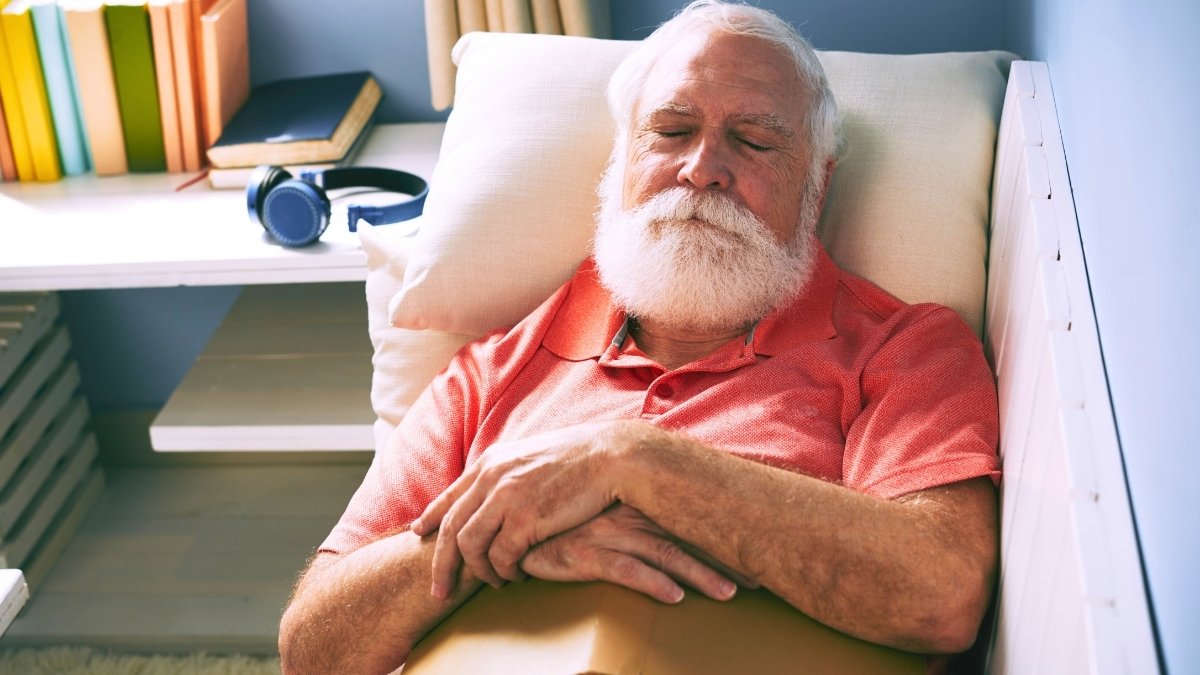
Millions of people struggle with sleep, tossing and turning for hours or waking up exhausted despite spending 8-9 hours in bed. You’ve probably tried every sleep hack, invested in expensive mattresses, and followed countless expert recommendations, yet quality rest remains elusive. The frustration builds as you watch others seem to effortlessly wake up refreshed while you drag yourself through another groggy day.
What if everything you’ve been told about sleep is wrong? What if the secret isn’t sleeping more, but sleeping smarter? I discovered this truth when I met Robert, an 82-year-old who radiates more energy at dawn than most people have all day.
His shocking revelation: he sleeps only six hours nightly yet feels absolutely amazing. His simple yet powerful methods will completely transform how you approach rest and revolutionize your energy levels forever.
Point 1: Meeting Unexpectedly
Walking through the local park at 5 AM, I noticed an elderly man doing pushups with remarkable vigor. Robert, as I later learned, had the energy of someone half his age and a smile that could light up the entire morning.
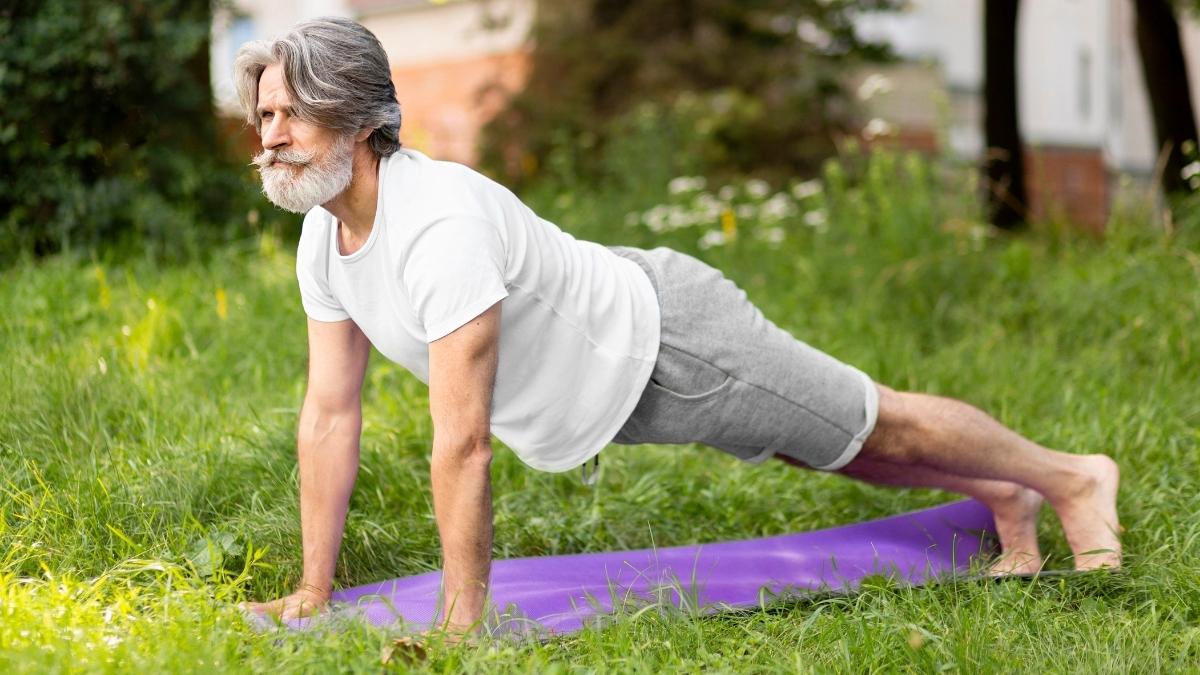
His sharp mind and quick wit caught my attention immediately. When we struck up a conversation, he mentioned waking up naturally at 4:30 AM every single day. The real shocker came when he casually revealed he only sleeps six hours each night yet feels more energized than most people decades younger.
Point 2: Debunking the 8-Hour Sleep Myth
Sleep research shows that individual needs vary dramatically from person to person. Adults over 65 actually require less sleep than younger people, with many thriving on 6-7 hours instead of the commonly recommended eight.
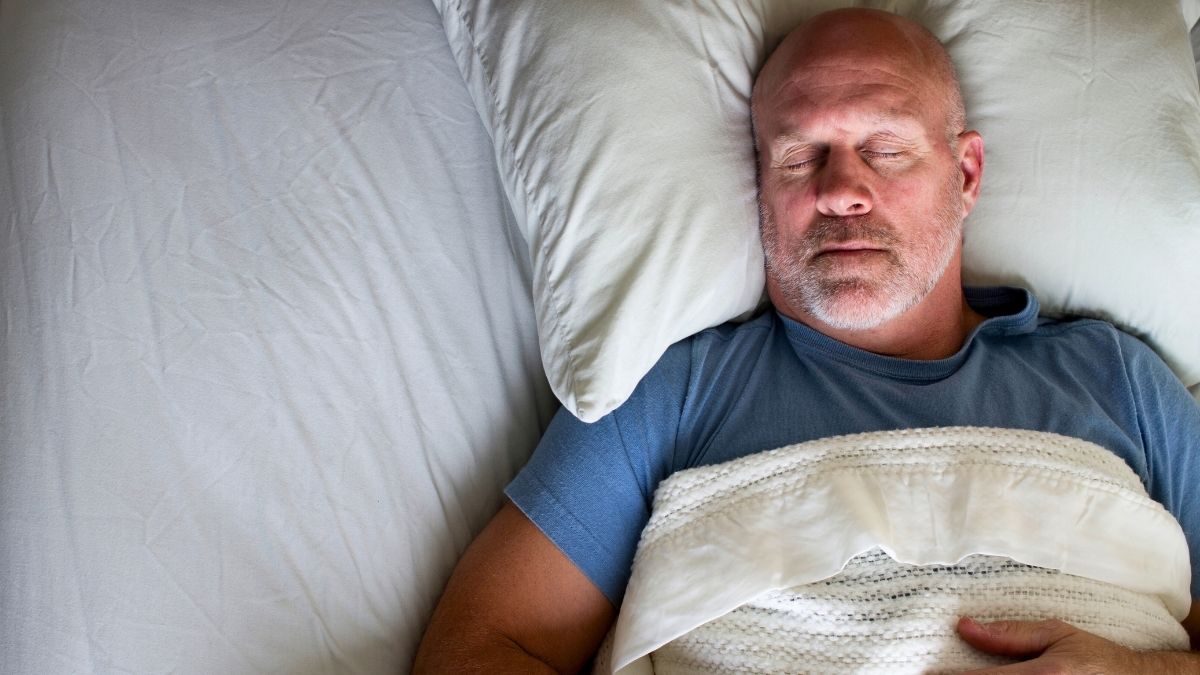
Quality matters far more than quantity when it comes to restorative rest. Sleep efficiency, which measures how much time you spend actually sleeping versus lying in bed, becomes increasingly important with age. Robert’s body has naturally adapted to extract maximum benefit from shorter sleep cycles, proving that one size definitely doesn’t fit all.
Point 3: The Power of Sleep Consistency
Every single night for the past fifteen years, Robert goes to bed at exactly 10:30 PM and wakes at 4:30 AM. His body has become a biological clock that rarely needs an alarm. This unwavering schedule helps maintain his circadian rhythm in optimal alignment with natural light cycles.
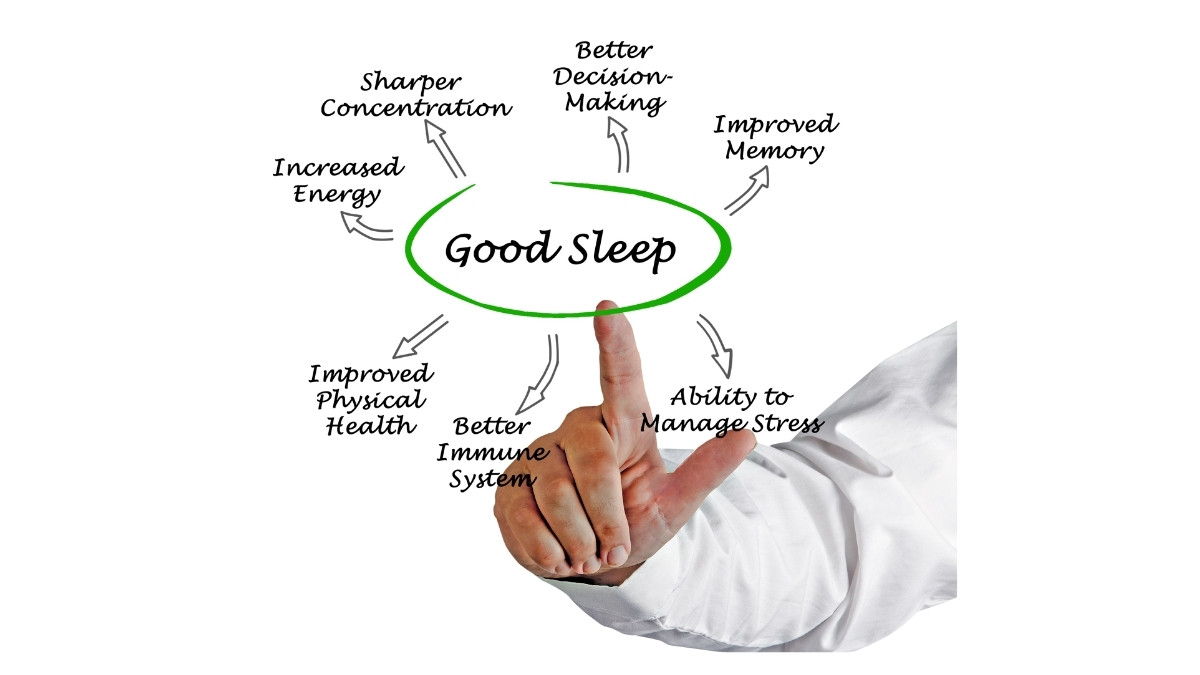
Research confirms that consistent sleep timing produces better rest quality than sleeping longer but at irregular hours. Even on weekends and holidays, Robert maintains this routine because his body has learned to anticipate and prepare for sleep at the exact same time daily.
Point 4: The Pre-Sleep Ritual Revolution
Starting at 9 PM sharp, Robert begins his carefully crafted wind-down routine that lasts precisely 90 minutes. He dims all lights in his home and switches off every electronic device, including his phone and television.
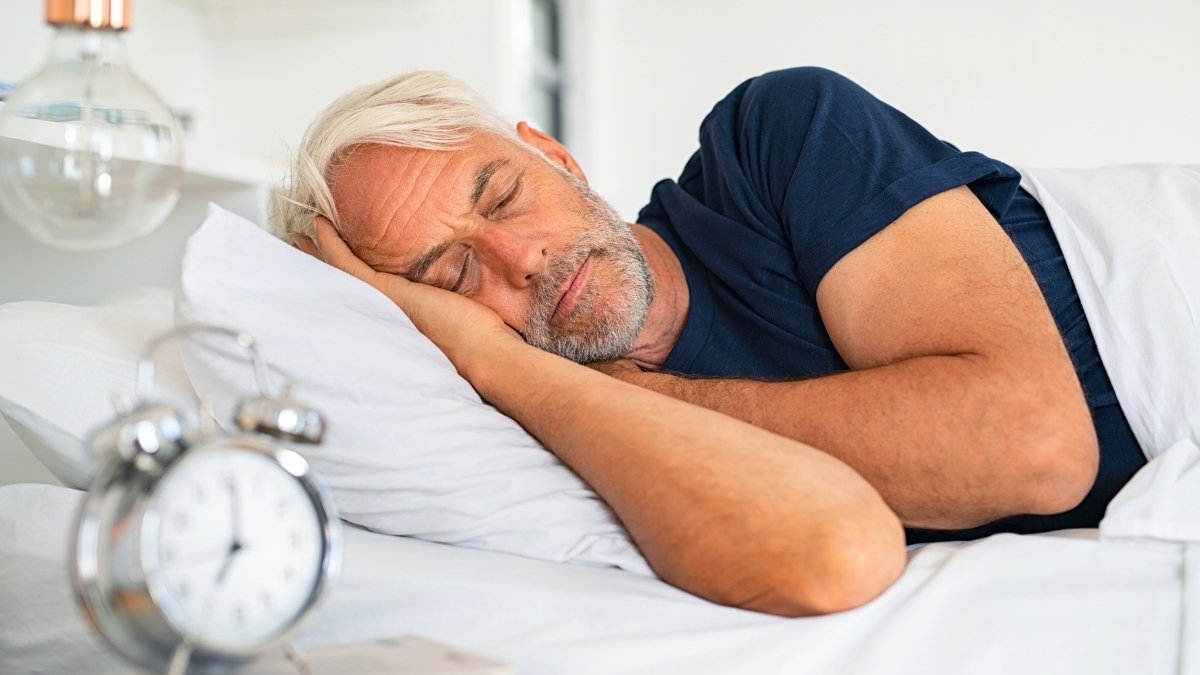
Next comes 20 minutes of gentle stretching followed by reading physical books under soft lamplight. The final 30 minutes involve quiet reflection or light journaling about the day’s positive moments. This ritual signals his brain that sleep time approaches, triggering the natural release of melatonin and other sleep-promoting hormones.
Point 5: The Sleep Environment Mastery
Robert’s bedroom stays at a cool 65 degrees year-round, which he considers essential for deep sleep. Blackout curtains block every trace of outside light, while a small white noise machine masks any disruptive sounds.
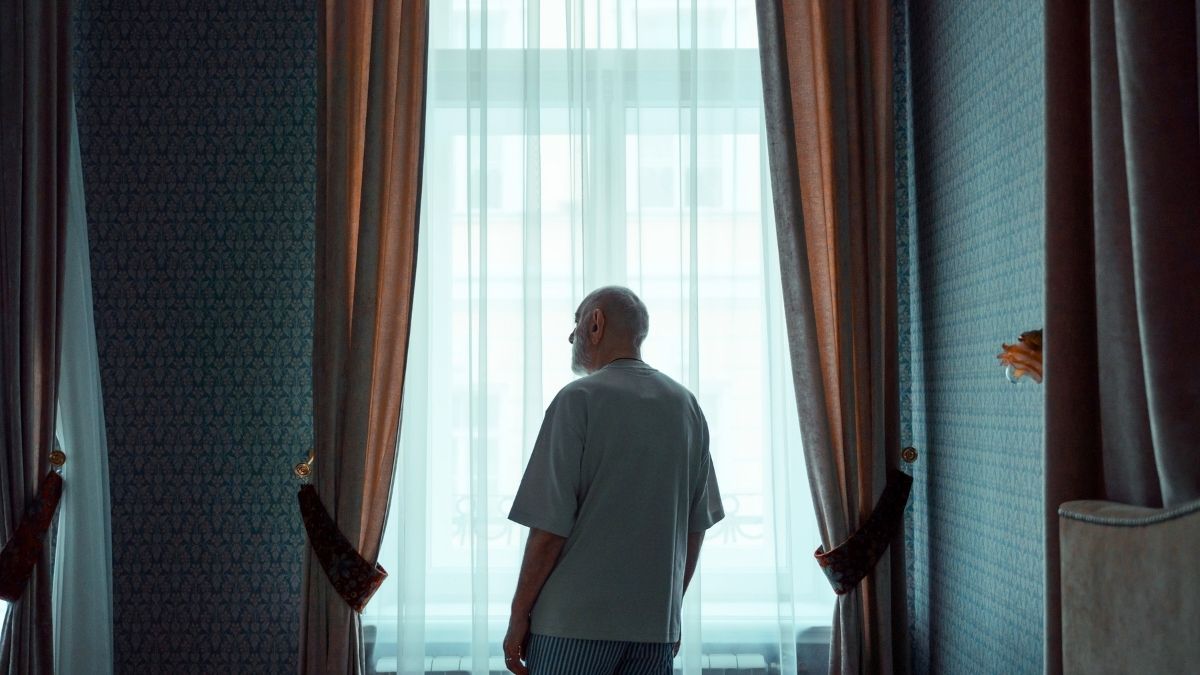
His mattress sits low to the ground on a simple platform frame, and he uses only natural cotton bedding. Most surprisingly, he keeps no clock visible from his bed, eliminating the anxiety that comes from watching time pass during the night. The room serves one purpose only: high-quality sleep, with no television, work materials, or other distractions present.
Point 6: The Morning Energy Secret
Within seconds of waking, Robert steps outside to greet the sunrise and flood his system with natural light. This immediate light exposure helps reset his circadian clock and signals his body to stop producing melatonin.

He follows this with 15 minutes of brisk walking around his neighborhood, which kickstarts his metabolism and circulation. A cold shower comes next, lasting just two minutes but providing an incredible energy boost that lasts hours. These morning rituals actually strengthen his nighttime sleep by creating a clear distinction between wake and rest periods, making his body crave sleep when bedtime arrives.
Point 7: Nutrition’s Role in Sleep Efficiency
Robert eats his final meal of the day at 6 PM sharp, giving his digestive system four full hours to process food before sleep. His dinner consists mainly of lean proteins, vegetables, and complex carbohydrates that promote steady blood sugar throughout the night.

Surprisingly, he includes cherries or a small handful of almonds most evenings, both natural sources of melatonin and magnesium. Caffeine stays strictly off limits after 2 PM, while alcohol never touches his lips due to its sleep-disrupting effects. Water intake drops significantly after 7 PM to prevent middle-of-the-night bathroom trips that fragment his sleep cycles.
Point 8: The Mind-Body Connection
Before his evening routine begins, Robert spends 10 minutes writing down tomorrow’s tasks to clear his mind of mental clutter. When worrying thoughts surface, he uses a simple technique: acknowledging the concern, then consciously deciding whether action can be taken now or later.

For persistent anxiety, he practices slow breathing exercises that activate his parasympathetic nervous system and naturally calm his body. Meditation isn’t his style, but he does focus on gratitude for three specific things that happened during his day. This mental clearing creates the peaceful headspace necessary for his body to transition smoothly into deep, restorative sleep.
Point 9: The Life-Changing Transformation
Start by choosing a consistent bedtime and wake time, then stick to it for at least three weeks to establish the habit. Week one focuses on creating your wind-down routine and optimizing your sleep environment temperature and lighting.

During week two, add morning light exposure and eliminate screens 90 minutes before bed. Most people notice improved energy and mood within 10-14 days of consistent practice. The long-term benefits extend far beyond better sleep: enhanced immune function, sharper mental clarity, better emotional regulation, and increased longevity become your new normal when you prioritize sleep quality over quantity.
Final Thought
Meeting Robert changed everything I thought I knew about sleep and aging gracefully. His vibrant energy at 82 proves that quality trumps quantity when it comes to rest, and consistency beats perfection every single time.
Sleep isn’t just about the hours you spend in bed; it’s about creating a holistic approach that honors your body’s natural rhythms. The real magic happens when you stop chasing more sleep and start focusing on better sleep through intentional habits.
Your future self will thank you for making these changes today, just as Robert’s disciplined approach has given him decades of vitality. Sometimes the most powerful transformations come from the simplest shifts in how we approach our most basic human needs.






